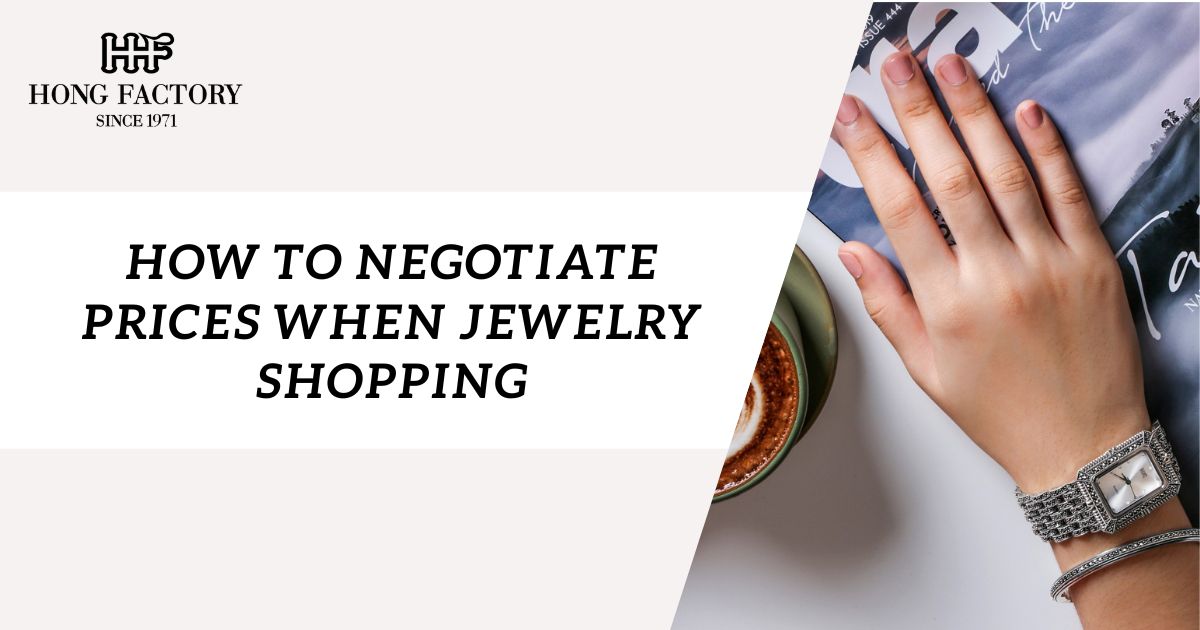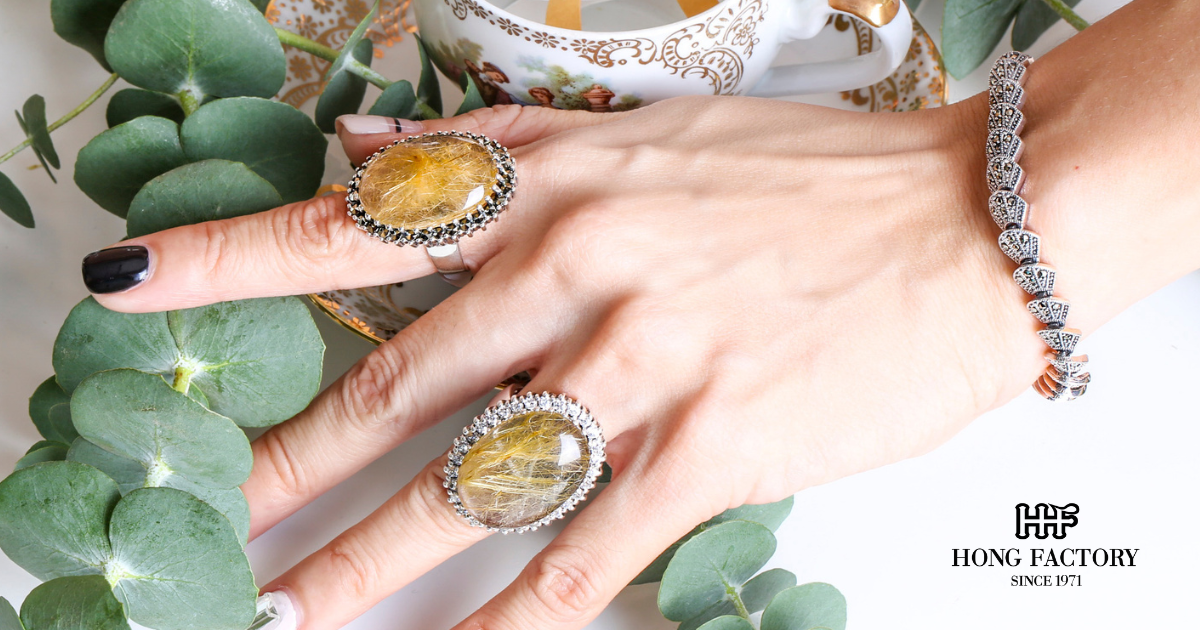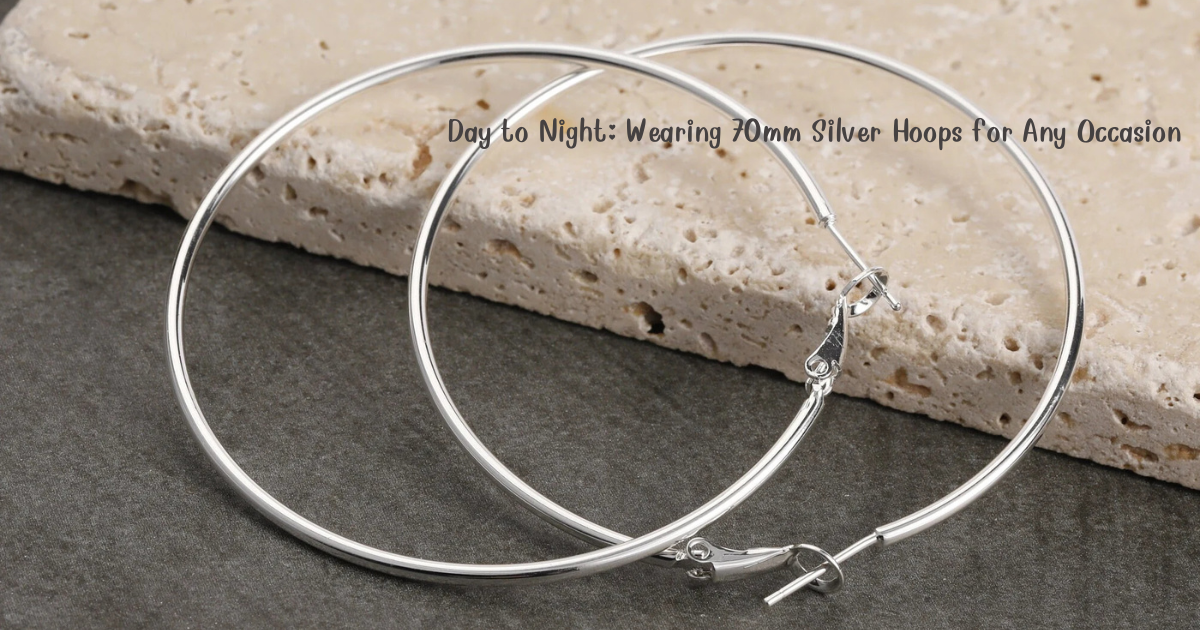How to Negotiate Prices
Negotiating the price of jewelry can be an essential skill, especially when shopping in markets, independent boutiques, or while traveling abroad. Many jewelry sellers expect some level of bargaining, and with the right approach, you can secure a fair price without compromising on quality.
Successful negotiation requires research, confidence, and a strategic approach. This guide provides effective negotiation strategies to help you get the best deal when buying jewelry, whether you are purchasing an engagement ring, fine gold jewelry, or antique pieces.
1. Do Your Research Before Shopping
Before entering a jewelry store or market, it’s important to have a strong knowledge base.
- Understand Market Prices: Research current prices for gold, silver, and gemstones. Know the average cost per gram for different metals and the value of different gemstones based on cut, clarity, color, and carat weight.
- Know the Value of Materials: Learn about karats, gemstone grades, and authenticity certifications. Familiarize yourself with the different types of diamond grading standards, such as those from GIA and IGI.
- Compare Retail vs. Wholesale Prices: Check online retailers or wholesale jewelers to estimate fair pricing. This will help you assess whether a jeweler is charging a fair markup.
- Be Aware of Common Scams: Some sellers may overstate the purity of gold, misrepresent gemstone authenticity, or sell treated or synthetic stones as natural gems.
2. Shop at the Right Places

Where you shop determines your ability to negotiate and find the best deals.
- Independent Jewelers and Markets: Local jewelry artisans or independent jewelers often allow for price discussions, whereas big-name brands typically have fixed pricing.
- Antique and Vintage Shops: Prices are often flexible, especially if you show genuine interest in a piece. Vintage jewelry often has a negotiable margin due to its subjective pricing.
- Travel Destinations: Many foreign jewelry markets expect bargaining as part of the buying process. For example, gold souks in Dubai and Thailand are famous for their negotiation-friendly culture.
- Wholesale Jewelry Districts: Buying directly from wholesalers can allow for better negotiation, especially if purchasing multiple items.
- Online Marketplaces: Some online jewelers allow for price matching or promotional discounts. Always check for coupon codes or first-time buyer discounts.
3. Assess the Initial Price
- Never Accept the First Price: Most jewelers leave room for negotiation in the initial price. Expect a markup that can sometimes be 20% to 50% higher than the fair market value.
- Ask About Discounts: Many jewelers offer discounts for cash payments, repeat customers, or multiple purchases. Inquire about seasonal sales and special promotions.
- Check for Hidden Costs: Ensure the price includes taxes, setting charges, and certifications. Some jewelers charge additional fees for gemstone certifications or resizing services.
4. Use Effective Negotiation Techniques
- Be Polite and Confident: Approach negotiations with respect and a positive attitude. Building rapport with the jeweler can work in your favor.
- Show Knowledge: Sellers are less likely to overcharge a well-informed customer. If you mention you’ve researched the gemstone’s market value, they may adjust the price accordingly.
- Bundle Purchases: If you’re buying multiple items, ask for a bulk discount. Many jewelers are willing to lower prices when selling multiple pieces.
- Use Silence to Your Advantage: A pause after requesting a lower price can encourage the seller to offer a discount.
- Walk Away If Needed: If the price isn’t fair, be prepared to leave—sometimes, this prompts the seller to lower the price.
- Leverage Competing Offers: If you’ve found a similar item at another store for a lower price, mention it to encourage a better deal.
- Negotiate on Additional Services: If the price is firm, ask for free extras such as jewelry cleaning, engraving, or resizing.
5. Timing Matters
- Shop During Off-Peak Hours: Jewelers may be more willing to negotiate when the store isn’t busy.
- End of the Month or Year: Businesses may be looking to clear stock and could offer better deals.
- Travel Shopping: Some countries have specific bargaining cultures where negotiation is expected, such as India, Thailand, and Turkey.
- Jewelry Trade Shows and Expos: Many jewelry vendors offer promotional pricing during events.
6. Leverage Payment Methods
- Cash vs. Credit: Many jewelers prefer cash payments as they avoid credit card processing fees, sometimes offering discounts for cash transactions.
- Layaway and Financing Options: If paying in installments, inquire about interest rates or additional fees.
- Bank Wire Transfers: Some jewelers offer discounts on high-value purchases when paid via bank transfer instead of credit card.
7. Verify Authenticity Before Finalizing the Deal
- Request Certifications: Ensure diamonds and gemstones have grading reports from reputable organizations like GIA or IGI.
- Inspect Hallmarks: Check for metal purity stamps such as 18K (gold) or 925 (sterling silver).
- Ask About Return Policies: Ensure you can return or exchange the piece if needed. Some jewelers offer a 7- to 30-day return policy, while others do not accept returns on custom-made items.
- Consider an Independent Appraisal: If purchasing a high-value piece, have it appraised by a third-party gemologist before finalizing the deal.
8. Finalizing the Deal

- Get Everything in Writing: Ensure receipts list material details, gemstone authenticity, and agreed prices.
- Request Complimentary Services: Some jewelers offer free resizing, cleaning, or future maintenance.
- Confirm Warranties: Understand coverage for repairs, stone replacements, and setting adjustments.
- Know Your Legal Rights: Understand your consumer rights regarding jewelry purchases, especially if buying internationally.
9. Avoiding High-Pressure Sales Tactics

- Don’t Fall for “One-Time Offers”: Salespeople may claim a deal is only available today, but this is often a tactic to pressure buyers.
- Be Wary of Overly Aggressive Sellers: Some vendors in tourist-heavy locations may use pushy sales tactics. Stand firm in your negotiation approach.
- Trust Your Instincts: If a deal sounds too good to be true, it likely is.
- Avoid Emotional Purchases: Stay objective and logical to avoid overspending due to excitement or impulse.
Negotiating jewelry prices is an art that requires preparation, confidence, and patience. By researching market prices, shopping in the right places, and using effective bargaining strategies, you can secure a fair deal on quality jewelry.
Whether shopping locally or abroad, being well-informed and assertive will help you navigate price negotiations successfully. With practice, you can develop the ability to negotiate like a pro, ensuring you get the best value without sacrificing quality.




